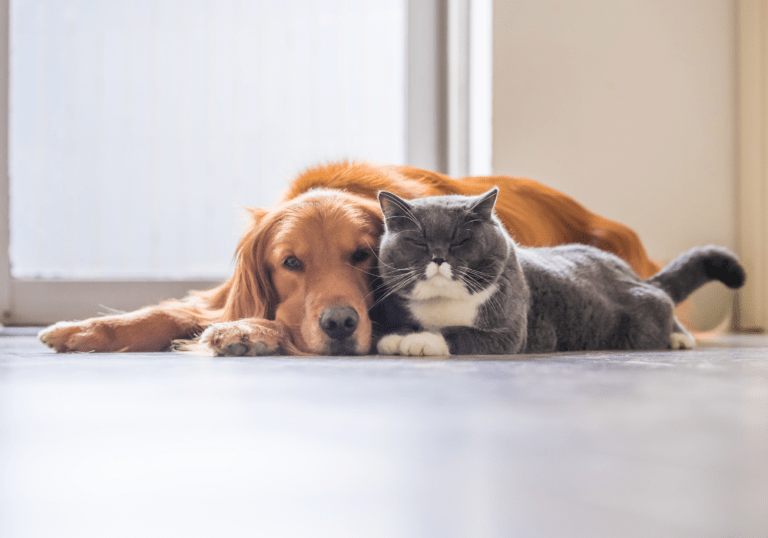5 Common Myths About Pets: Debunking Misconceptions for Better Pet Care

Can you imagine a life without pets? Our furry companions bring us immeasurable joy and enrichment, becoming cherished members of our families. However, it’s important to remember that pets aren’t people and don’t always behave or react in the same way as our human family members. In this article, we’ll explore five common myths about pets, helping you better understand and care for your beloved animals.
1: People and Pets Can’t Share Diseases
One of the most prevalent myths is that diseases cannot be transmitted between people and pets. However, zoonotic diseases are real and can be transmitted between animals and humans. Rabies is perhaps the most notorious of these diseases, but others include cat scratch disease, salmonellosis, roundworm, hookworm, ringworm, and toxoplasmosis.
To reduce your risk of contracting a disease from your pet, always wash your hands after handling them, particularly after dealing with urine or feces. While kissing your pet may feel affectionate, remember that their mouths harbor bacteria that can potentially make you ill. This risk is higher if you have a weakened immune system, so it’s wise to save your kisses for human family members.
2: Pets Know Why You’re Yelling at Them
Many pet owners believe that their pets understand the reasons behind their anger. Unfortunately, pets don’t value our possessions in the same way we do. If your dog destroys a cushion, it’s likely due to boredom or anxiety rather than a deliberate act of defiance. Even if your pet cowers when you yell, it doesn’t mean they understand why you’re upset.
Yelling serves little purpose if you don’t catch your pet in the act. Instead, a firm “no” is usually sufficient to correct unwanted behavior. If your pet tends to get into trouble while you’re away, consider confining them to a safe area or crate. Just remember that crates should not be used for extended periods.
3: Cats Have 9 Lives
The notion that cats have nine lives is a myth that can lead to dangerous situations. While cats are known for their agility and balance, they can become seriously injured just like any other pet. Contrary to popular belief, cats don’t always land on their feet. They possess a righting reflex that helps them reposition their bodies in mid-air, but if they fall from low heights, they may not have enough time to adjust, resulting in injury.
A study conducted in 1984 by veterinarians at The Animal Medical Center in New York City found that cats falling from greater heights had better survival rates. Therefore, it’s crucial to keep windows and balconies secure to prevent falls.
4: There’s No Need to Brush Your Pet’s Teeth
Many pet owners believe that dental care isn’t necessary for their pets, but this is a dangerous misconception. Pets are not immune to tooth decay, and neglecting their dental health can lead to serious issues, including tooth loss and bacterial infections that may spread to vital organs like the heart and brain.
Brushing your pet’s teeth can significantly reduce the risk of dental disease. Use gauze or special brushes designed for pets, and try to start the routine when they are young. Older pets can adapt with patience. If your pet resists, don’t force it; the goal is to create a positive experience around dental care.
5: You Only Need to Take Your Pet to the Vet in Case of Illness
Just like humans, pets require regular check-ups to maintain their health. Many pet owners mistakenly believe that veterinary visits are only necessary when their pet is sick. However, routine examinations can detect health problems early on, such as diabetes and kidney failure. Regular visits also ensure that pets receive vital vaccinations against diseases like rabies, distemper, bordetella, parvovirus, adenovirus, feline leukemia, and canine influenza.
To protect your pet’s health, schedule a veterinary examination at least once a year. For personalized care and advice, consult our doctors at Willow Glen Pet Hospital.
If you need more help or have any questions, call us at Willow Glen Pet Hospital, visit us online at willowglenpethospital.com, or contact us at (669) 342-7472. Our address is 1033 Willow Street, San Jose, CA, 95125, US. We are open Monday to Saturday from 8:00 am to 6:00 pm. Dr. Gillon and Dr. Shani look forward to assisting you with your pet care needs!
